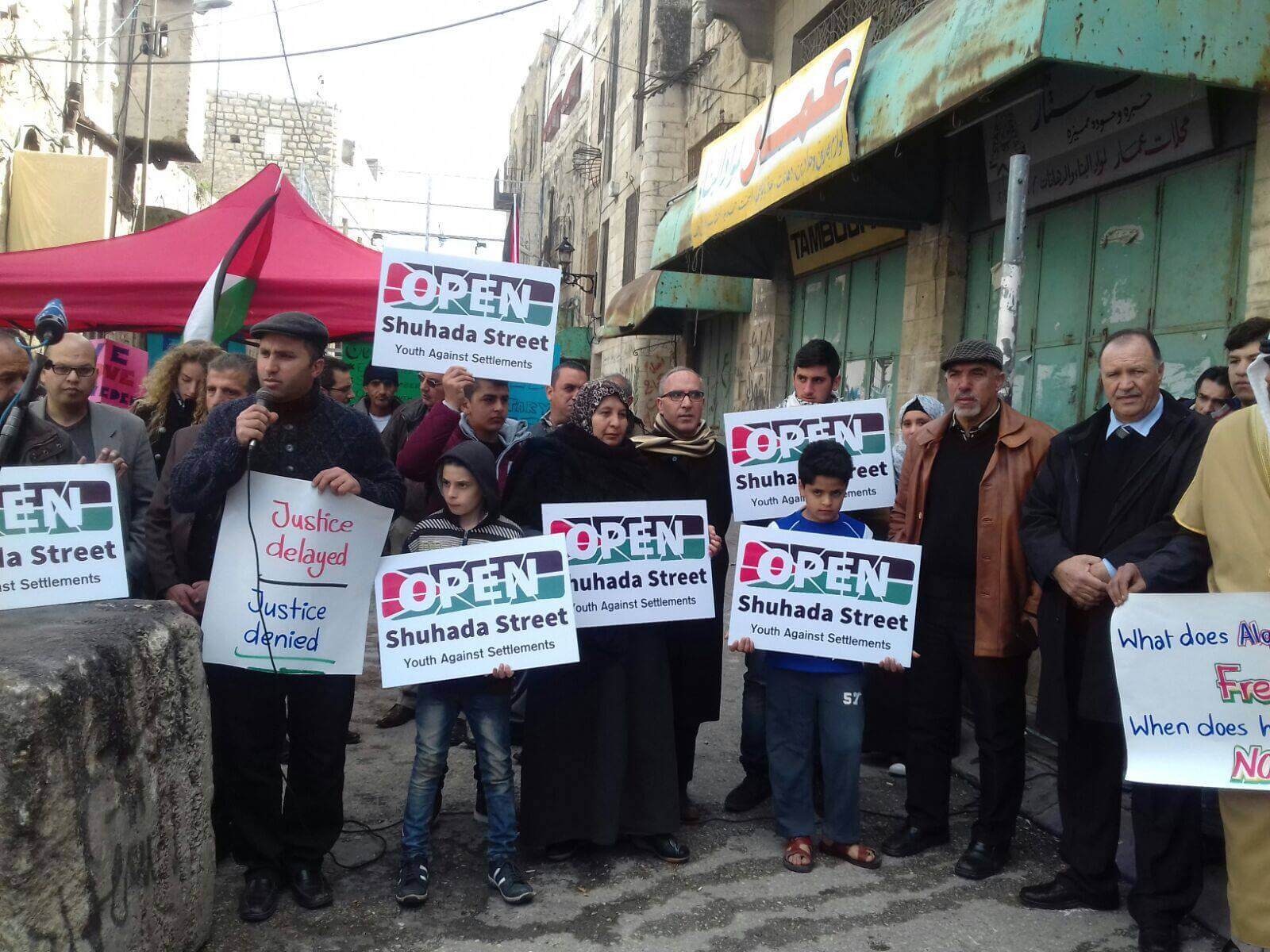Read a thought-provoking essay by Steven Salaita that looks at the question: how do we communicate with people who have deeply emotional attachment to the idea of Israel? He answers in part, “There is no universal response, but we can deploy a basic strategy: allow the Zionist’s internal conflict to exist. In fact, exacerbate it. That internal conflict isn’t an imperfection to be ameliorated, but a failure of imagination to be overcome.”
“We’ve been enjoying unprecedented quiet, Hamas hasn’t fired one bullet,” Israeli defense minister Moshe Ya’alon said during a joint US-Israeli military exercise this week. Israel’s military chief of intelligence recently reinforced this idea when he told a closed Knesset meeting, “Hamas is doing everything it can to stop an escalation against Israel in Gaza.” Yet, the Israeli government is threatening another devastating assault on Gaza’s beleaguered population.
The U.S. State Department has condemned, “in the strongest possible terms,” the stabbing death of American-citizen-turned-Israeli-soldier Tuvya Weisman in a West Bank supermarket. Now we know that the State Department is capable of condemning violence in the West Bank – when it chooses to. It’s just the choices it makes that defy understanding.
After 22 years of increasing restrictions and subjugation in Hebron, one might expect that Palestinians would begin to see their resistance as futile and cede control of Hebron’s old city. However if this is indeed the Israeli strategy, the military and settlers failed to factor in Palestinian resilience and steadfastness. Despite continuing settlement expansion in the West Bank; despite continuous attempt by settlers to seize Palestinian homes in Hebron’s old city; and despite the ongoing and increasing repression Palestinians face, Palestinian commitment to nonviolent resistance remains strong. Nowhere can this be seen more clearly than in this year’s Open Shuhada Street campaign.
“After a life and career devoted to Jewish community and Israel, I conclude that in every important way Israel has failed to realize its promise for me. A noble experiment, but a failure,” Jewish leader David Gordis writes, in a major blow to the intellectual and spiritual underpinnings of Zionism
Hillary Clinton needs Sheldon Adelson’s money, and Adelson needs a reliable supporter of Israel. That’s why he is passing on the Republican field and, terrified of Donald Trump, is surely interested in Clinton
Benjamin Netanyhu’s government is drafting legislation that ought to resolve in observers’ minds the question of whether Israel is the democracy it proudly claims to be. It breathes new life into the phrase “tyranny of the majority”. But in this case, the majority will be Jewish MPs oppressing their Palestinian colleagues.
Matthew Vickery reports from Israeli farms in the northern Negev and occupied Jordan Valley where Thai workers and Palestinian children work long hours, in often dangerous and hazardous situations, all for less than the legal Israeli minimum wage. “This is not what I expected,” Dusit Doting says as he stands with other Thai workers outside the white shipping container they now call home.
Less than a day after boasting about their commitment to free speech, Lamar Advertising Company censored a billboard in Chicago that read, “Boycott Israel Until Palestinians Have Equal Rights.”
The press is focused on Sheldon Adelson’s failure to publicly commit to a Republican candidate this year. Speculation is he wants to see if Marco Rubio can win a primary, that his wife likes Ted Cruz, and that he’s already secretly giving money to a Rubio-favoring PAC. But don’t count Donald Trump out. He also courts Adelson with pro-Israel rant on Hannity’s radio show.









